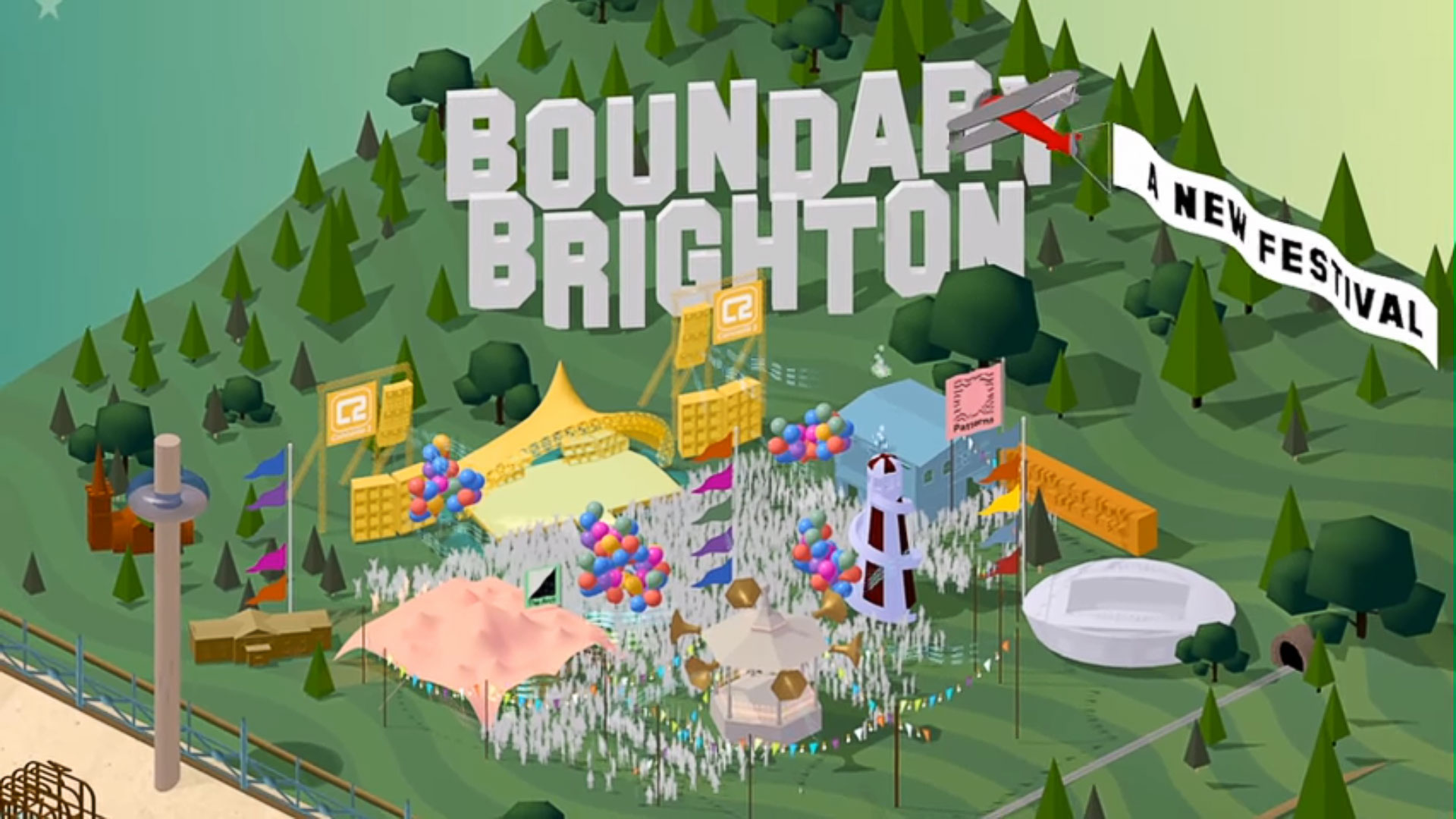 It seems hard to believe that a mere five months have passed since Lana Del Rey put the dreamy, unabashedly nostalgic clip for ‘Video Games’ onto YouTube, leading to a ripple of intrigue and anticipation regarding who this mysterious figure was.
It seems hard to believe that a mere five months have passed since Lana Del Rey put the dreamy, unabashedly nostalgic clip for ‘Video Games’ onto YouTube, leading to a ripple of intrigue and anticipation regarding who this mysterious figure was.
In the age of internet information overload, mystique seldom seems to be easy to maintain for long. By the end of 2011, the bubble had already burst on much of her enigma. As it turned out Lana Del Rey was the stage name of 25-year-old Lizzy Grant: daughter of an internet millionaire, with a previously shelved debut album, who may or may not have achieved that unmissable pout with the aid of some collagen injections. As sections of the blogosphere that had helped break her smelt blood, a stuttering performance on Saturday Night Live confirmed that Lizzy Grant wasn’t quite the prepackaged pop goddess those first views of ‘Video Games’ hinted at.
The thing about the kind of pre-release hype and internet-buzz that preceded the release of this debut is that eventually all the postulating and speculating has to be replaced by the physical album itself: at some point you’ve got to shut up and just listen to the music. As is often the case, many of the claims to Del Rey’s sound feel overblown after you’ve spent some time with ‘Born To Die’. It’s been suggested that she blends hip-hop into her music – probably spurred on by her own claim to being a ‘gangster Nancy Sinatra’ – while others have determinedly clung to a view of Del Rey as a legitimate indie starlet.
In reality, ‘Born To Die’ carries an unashamed pop aesthetic throughout, allowing Del Rey to play to her strengths. Chiefly among these is her wonderful way with a melody. This is evidenced on the pulsating title track, which serves as a near-perfect album opener, as well as the soaring, sugary vibes of ‘Radio’.
Her vocals frequently feature some sultry jazz embellishments – evidenced on sexy, expansive ballad ‘Million Dollar Man’ – which adds colour to the sentimental allusions to fifties chic and American dreams that permeate ‘Born To Die’s’ lyrics. All this sentimentality can feel lacking in genuine emotion, and Del Rey will do no wrong in my eyes if she crafts more moments like ‘Off To The Races’. An ambiguous tale of devotion and obsession, which references the opening line of Vladimir Nabokov’s infamous novel ‘Lolita’, there is a sense that lurking underneath the radio friendly chorus is a brooding sense of darkness.
Overall this doesn’t quite feel like an instant classic, nor does it feel like the kind of flop those feeling duped by the Del Rey persona may have been craving. The staggering speed with which she has gone from zero, to hero, to sellout, seems to encapsulate what makes her such a strikingly modern pop star. But while there are enough flashes of brilliance on ‘Born To Die’ to justify all the excitement, I can’t help getting the feeling that there may still be much more to come from Lana Del Rey.
By Robert Bradley



